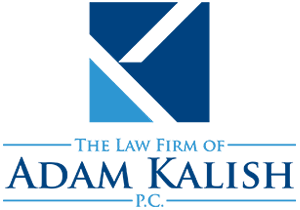The rent laws in New York have changed many times over the years, which has left many tenants unsure of where they would stand if they became embroiled in a legal dispute with their landlords. Some tenants believe that their landlords could cut off their utilities or evict them from their apartments without warning if they fail to pay their rents on time, but New York law prohibits this kind of behavior. It also places a cap on rent increases and restricts what landlords can do with security deposits.
Late rent and eviction
Landlords may threaten to cut off a tenant’s heat or water or electricity supply when rent is paid late or not at all, but following through on this threat would violate New York landlord and tenant law. Landlords in New York are not permitted to shut off utilities, and they are required to make sure that their units have an ample supply of hot water at all times and heat between October and June. If a landlord wants to evict a tenant for the nonpayment of rent, they must first obtain a warrant of eviction signed by a judge. They may not change locks or remove furniture.
Security deposits and rent increases
New York law now limits security deposits to the equivalent of a single month’s rent, and landlords can only deduct unpaid rent and the costs of repairing damage caused by the tenant from this money. Recently passed legislation bolsters tenant rights by prohibiting landlords from raising rents unreasonably. It also caps rent increases based on building improvements at 2% per year. If landlords wish to raise the rent on a unit by 5% or more, they must provide tenants with a written notice at least 30 days before the increase goes into effect.
Tenants should know their rights
The laws in New York protect tenants and place restrictions on landlords, but people who live in rented accommodation are often unaware of their rights and believe that the legal system is stacked against them. If tenants knew more about their rights, landlords would not be able to intimidate them with empty threats.

